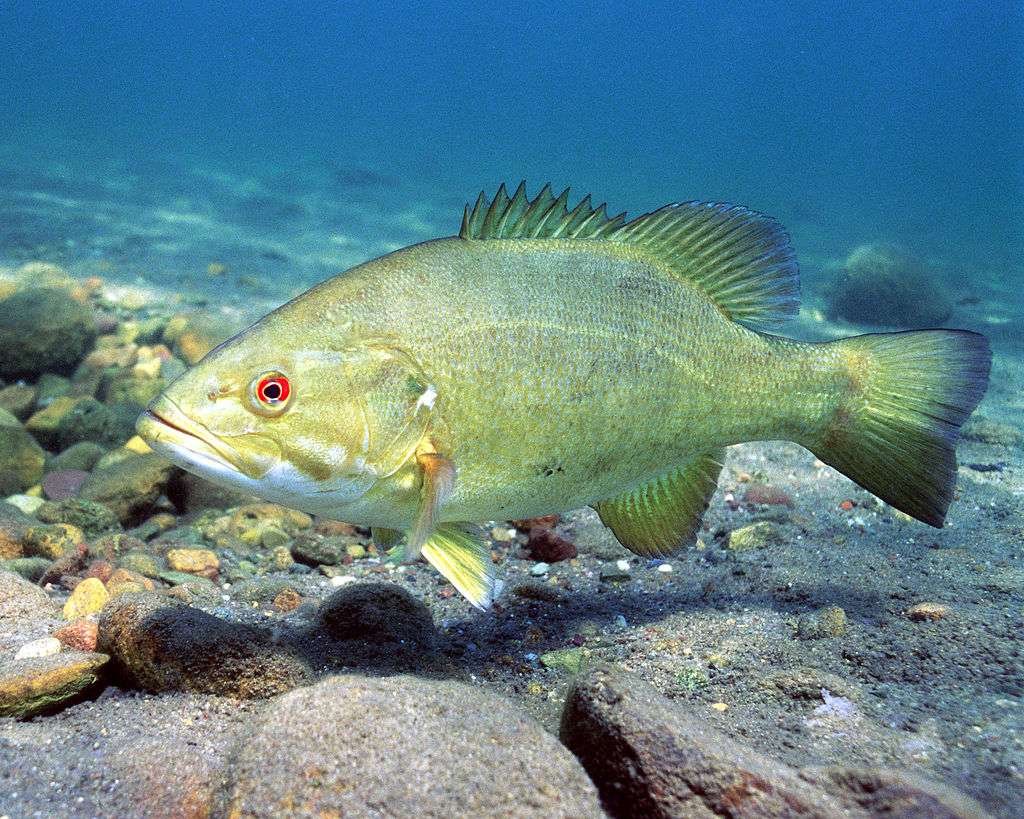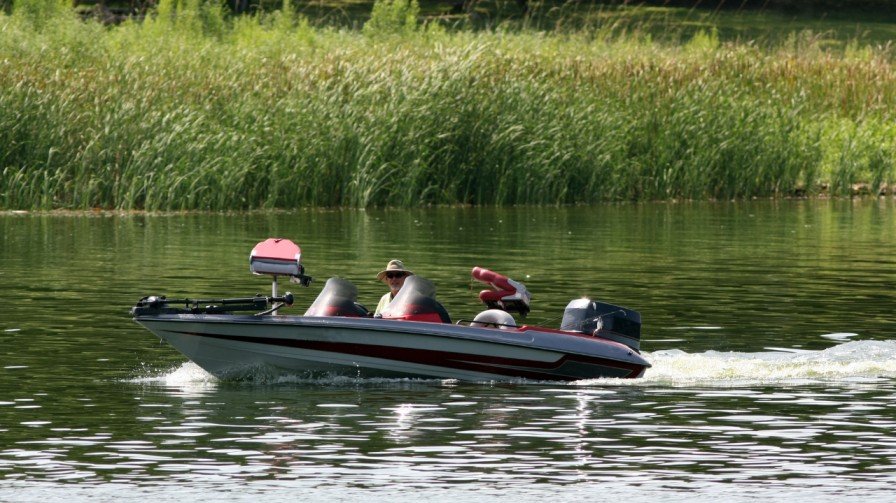Bass fish can live for many years. Their lifespan depends on various factors.
Bass fish are fascinating creatures with unique lifespans. Their age can vary based on species, habitat, and environmental conditions. Understanding how long a bass fish can live helps anglers and nature enthusiasts appreciate these remarkable fish. In this blog post, we will explore the lifespan of bass fish, the factors that influence their longevity, and why this information is important.
Whether you are an avid fisherman or just curious about aquatic life, this guide will provide valuable insights into the lifespan of bass fish. Dive in to learn more about these amazing creatures and their journey through life.
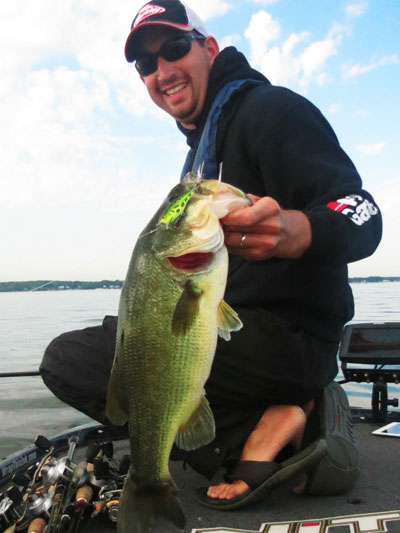
Credit: www.mossyoak.com
Introduction To Bass Fish Lifespan
Bass fish are popular among anglers and fish enthusiasts. Understanding their lifespan is crucial for conservation and fishing practices. This section provides an overview of the lifespan of bass fish.
Species Overview
Bass fish come in various species. The most common are Largemouth Bass, Smallmouth Bass, and Striped Bass. Each species has unique characteristics and habitats.
| Species | Scientific Name | Habitat |
|---|---|---|
| Largemouth Bass | Micropterus salmoides | Freshwater lakes and rivers |
| Smallmouth Bass | Micropterus dolomieu | Clear, rocky waters |
| Striped Bass | Morone saxatilis | Coastal waters and estuaries |
Average Lifespan
The lifespan of bass fish varies by species. On average, Largemouth Bass live around 10 to 16 years. Smallmouth Bass can live up to 12 years. Striped Bass have a longer lifespan, often reaching 20 years or more.
Several factors influence the lifespan of bass fish. These include water quality, availability of food, and predation. Healthy environments contribute to longer lifespans.
- Water Quality: Clean, oxygen-rich water supports longevity.
- Food Availability: Abundant food resources ensure growth and survival.
- Predation: Lower predator presence increases lifespan.
Understanding these factors helps in managing bass populations effectively.
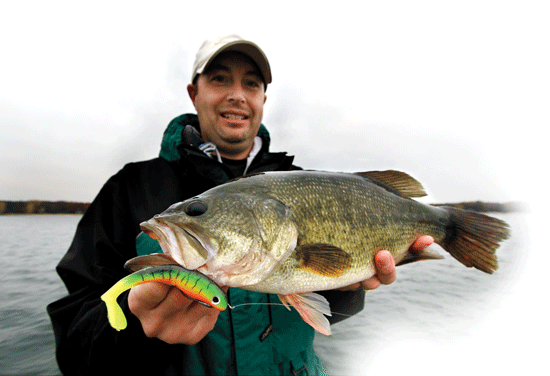
Credit: www.in-fisherman.com
Factors Affecting Lifespan
Understanding the lifespan of a bass fish can help anglers and enthusiasts provide better care. Several factors influence the longevity of these fish. Here, we will explore the most crucial factors affecting their lifespan.
Environmental Conditions
The environment plays a significant role in a bass fish’s lifespan. Water quality is crucial. Bass thrive in clean, well-oxygenated water. Pollution and poor water conditions can shorten their lives. Temperature also matters. Bass prefer moderate temperatures. Extreme cold or heat can stress them.
Habitat structure affects their longevity too. Bass need places to hide and hunt. A habitat with enough vegetation and cover helps them avoid predators. Good cover also aids in hunting for food.
Diet And Nutrition
A proper diet is vital for a bass fish’s health. Bass are carnivorous. They eat smaller fish, insects, and crustaceans. A varied diet ensures they get all the necessary nutrients. Lack of proper food can lead to malnutrition. Malnutrition weakens the fish and shortens its lifespan.
Overfeeding can also be harmful. Too much food can lead to obesity and health issues. Balanced feeding keeps the bass healthy and active.
Species-specific Lifespan Insights
Bass fish exhibit diverse lifespans depending on their species. Understanding the lifespan of different bass species can help anglers and enthusiasts manage their expectations and conservation efforts. Let’s delve into the lifespan insights of some popular bass species.
Largemouth Bass
The largemouth bass is one of the most sought-after species for sport fishing. On average, largemouth bass live around 10 to 16 years. Some have been known to live up to 23 years in optimal conditions.
Factors such as habitat, water quality, and food availability can significantly impact their lifespan. In the wild, largemouth bass face threats like predators and fishing pressure, which can shorten their lifespan.
Smallmouth Bass
Smallmouth bass typically have a slightly shorter lifespan compared to largemouth bass. They generally live between 5 to 12 years. In some cases, they can reach up to 15 years in ideal environments.
Similar to largemouth bass, smallmouth bass lifespan is influenced by factors such as water temperature, habitat conditions, and availability of prey. Conservation efforts and proper fishery management can help extend their natural lifespan.
| Species | Average Lifespan (Years) | Maximum Lifespan (Years) |
|---|---|---|
| Largemouth Bass | 10-16 | 23 |
| Smallmouth Bass | 5-12 | 15 |
Growth And Development Stages
Bass fish go through several growth and development stages during their life. Understanding these stages helps in knowing how long a bass fish lives. This section will break down these stages into two main parts: the juvenile stage and the adult stage.
Juvenile Stage
The juvenile stage of a bass fish starts right after hatching. At this stage, they are called fry. Fry are very small, often less than an inch long. They feed on tiny organisms in the water. As they grow, they start eating larger prey.
Juveniles grow quickly. Within a few months, they can reach 4-6 inches in length. Their diet now includes insects, small fish, and crustaceans. They continue to grow and develop their hunting skills. This stage is crucial for their survival.
Juvenile bass face many threats. Predators and competition for food are constant challenges. Only a small percentage make it to adulthood. Those that do, however, have proven to be strong and adaptable.
Adult Stage
The adult stage begins when the bass reaches sexual maturity. This usually happens around 2-3 years of age. Adult bass can range from 12 inches to over 20 inches in length. They weigh between 1-5 pounds, but some can grow much larger.
Adult bass have a varied diet. They eat larger fish, frogs, and even small birds. Their growth rate slows down, but they continue to grow throughout their life. The environment and food availability affect their growth. In ideal conditions, they can grow quite large.
Adult bass are also more territorial. They establish home ranges and defend them against intruders. They are excellent hunters and use ambush tactics to catch prey. The lifespan of an adult bass varies. On average, they live between 10-15 years, but some can live over 20 years.
Understanding these growth and development stages helps in appreciating the life cycle of bass fish. It also highlights the challenges they face and their adaptability in different environments.
Impact Of Fishing On Lifespan
Bass fish are a popular target for anglers. Their lifespan can be affected by fishing activities. Understanding these impacts can help us protect these fish. Below, we explore how different fishing practices and regulations influence their longevity.
Catch And Release Practices
Catch and release is a common practice among anglers. It aims to conserve fish populations. Proper techniques can minimize harm to the fish.
- Use barbless hooks to reduce injury.
- Handle the fish with wet hands.
- Avoid keeping the fish out of water for too long.
These practices ensure the fish have a better chance of survival. Incorrect handling can lead to stress and injuries. This can shorten the fish’s lifespan.
Fishing Regulations
Fishing regulations play a crucial role in fish conservation. They help maintain healthy fish populations. Regulations include:
| Regulation Type | Purpose |
|---|---|
| Size Limits | Protect juvenile fish |
| Bag Limits | Prevent overfishing |
| Closed Seasons | Allow fish to spawn |
Following these regulations helps sustain bass populations. It ensures they live longer and thrive in their habitats.
Predators And Natural Threats
Bass fish face many challenges in their natural habitats. These threats affect their lifespan significantly. Predators and diseases are two of the main dangers.
Common Predators
Bass fish are hunted by various predators. Larger fish, such as pike and muskies, often target them. Birds like herons and ospreys also prey on bass. Even mammals, including raccoons, pose a threat. Predators can attack bass at any stage of their life. The young and smaller bass are especially vulnerable.
Disease And Parasites
Disease and parasites are another major threat to bass fish. Bacterial infections can affect their health severely. Viral diseases can spread quickly in crowded waters. Parasites like worms and lice can weaken them. Poor water quality can increase the risk of infections. Stress from overfishing and habitat loss can make them more susceptible to diseases.
Conservation Efforts
Conservation efforts play a crucial role in extending the lifespan of bass fish. These efforts focus on protecting their natural habitats and ensuring sustainable breeding programs. This section will delve into the specific measures taken under the subheadings of habitat protection and breeding programs.
Habitat Protection
Protecting the natural habitat of bass fish is essential for their survival. This involves several key strategies:
- Preserving Wetlands: Wetlands serve as nurseries for young bass fish.
- Water Quality Management: Clean water is vital for bass health.
- Vegetation Conservation: Aquatic plants provide food and shelter.
Efforts to reduce pollution and control invasive species also contribute to a healthier environment for bass fish.
Breeding Programs
Breeding programs are designed to support and increase bass fish populations. These programs include:
- Selective Breeding: Choosing the healthiest fish for reproduction.
- Stocking Programs: Releasing young fish into the wild.
- Genetic Research: Studying bass genetics for better breeding techniques.
These initiatives help maintain a sustainable population and ensure the genetic diversity of bass fish.
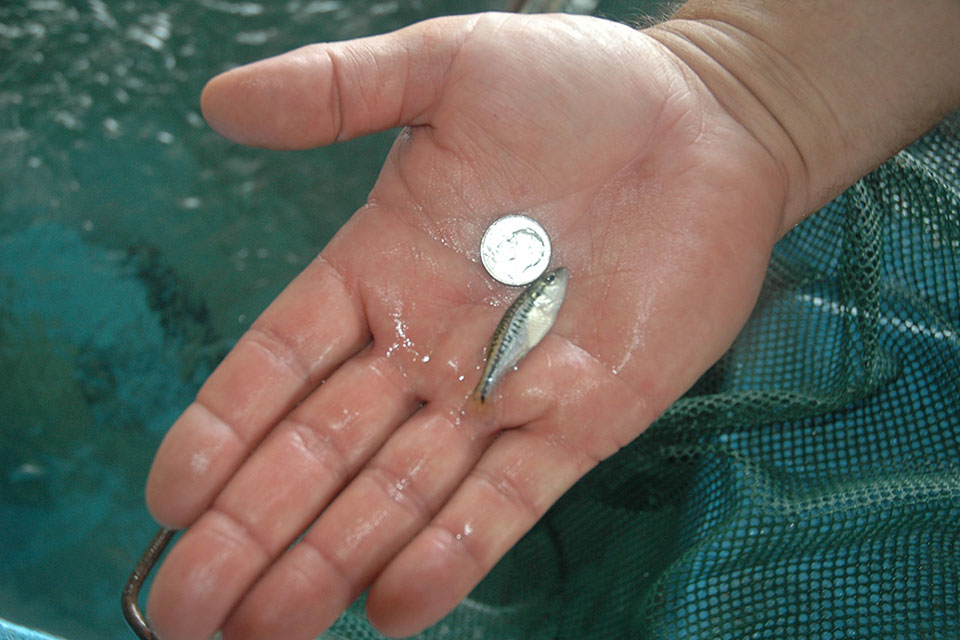
Credit: www.mossyoak.com
Tips For Anglers
Anglers often wonder about the lifespan of bass fish. Understanding their lifespan helps in practicing sustainable fishing. Let’s explore some tips to ensure bass fish thrive in their natural habitat.
Sustainable Fishing Practices
Practicing sustainable fishing is essential for preserving bass populations. Here are some tips:
- Follow local regulations: Always adhere to fishing limits and seasons.
- Use appropriate gear: Select equipment that minimizes harm to fish.
- Catch and release: Release non-keeper fish to maintain population levels.
- Respect habitats: Avoid disturbing aquatic vegetation and spawning areas.
Handling And Release Techniques
Proper handling and release techniques ensure the survival of bass after being caught. Follow these steps:
- Wet your hands: Wetting hands before touching fish reduces stress and scale loss.
- Use a net: A rubberized net is gentler on fish.
- Minimize air exposure: Limit the time fish are out of water.
- Support the fish: Hold the fish horizontally with both hands.
- Release promptly: Place the fish back in the water quickly.
Frequently Asked Questions
How Long Do Bass Fish Usually Live?
Bass fish typically live between 10 to 15 years. However, this can vary based on species and environment.
What Factors Affect Bass Fish Lifespan?
Factors include water quality, food availability, and predation. Proper habitat conditions can significantly extend their lifespan.
Can Bass Fish Live Longer In Captivity?
Yes, bass fish often live longer in captivity due to controlled conditions and consistent food supply.
Do Different Bass Species Have Different Lifespans?
Yes, different species of bass have varying lifespans. For example, largemouth bass typically live longer than smallmouth bass.
Conclusion
Bass fish can live for many years. Their lifespan depends on various factors. These include water quality, food availability, and fishing pressure. On average, bass live between 10 to 15 years. Proper care and conservation can help them thrive longer.
Understanding their lifespan helps in better fishing practices. Protecting their habitat ensures a healthy bass population. Enjoy your fishing trips responsibly. Happy fishing!

